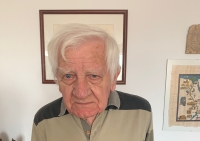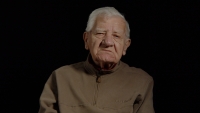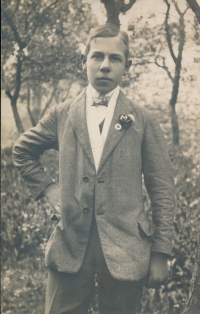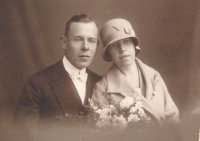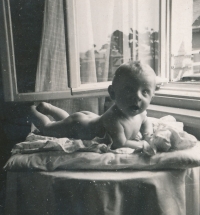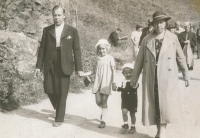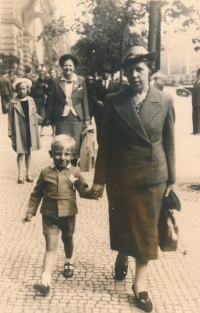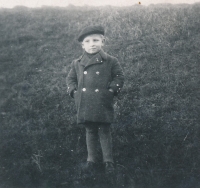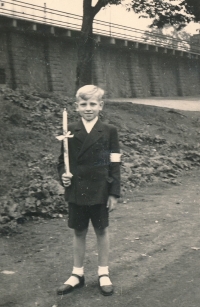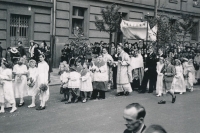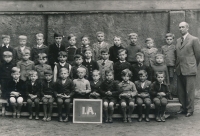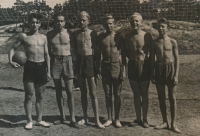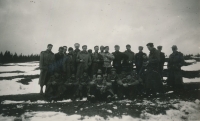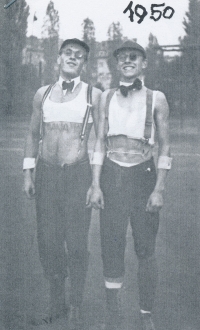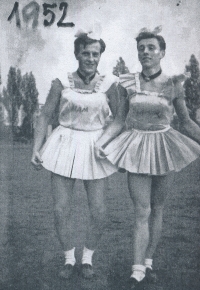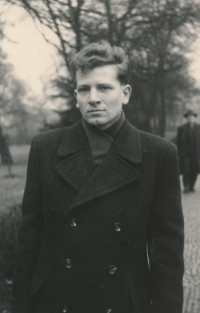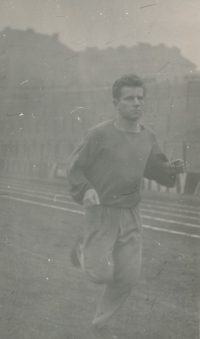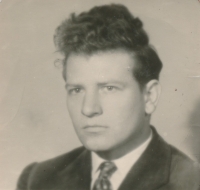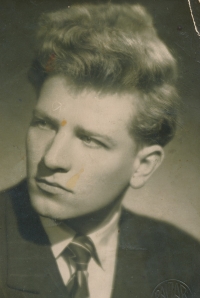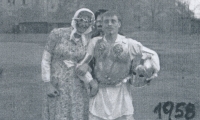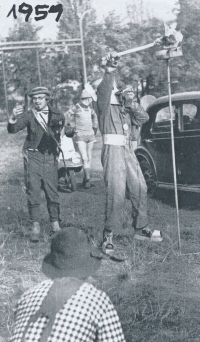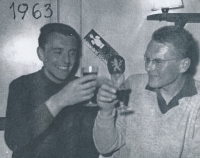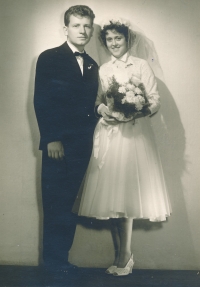In order to study, I had to get along with the working class
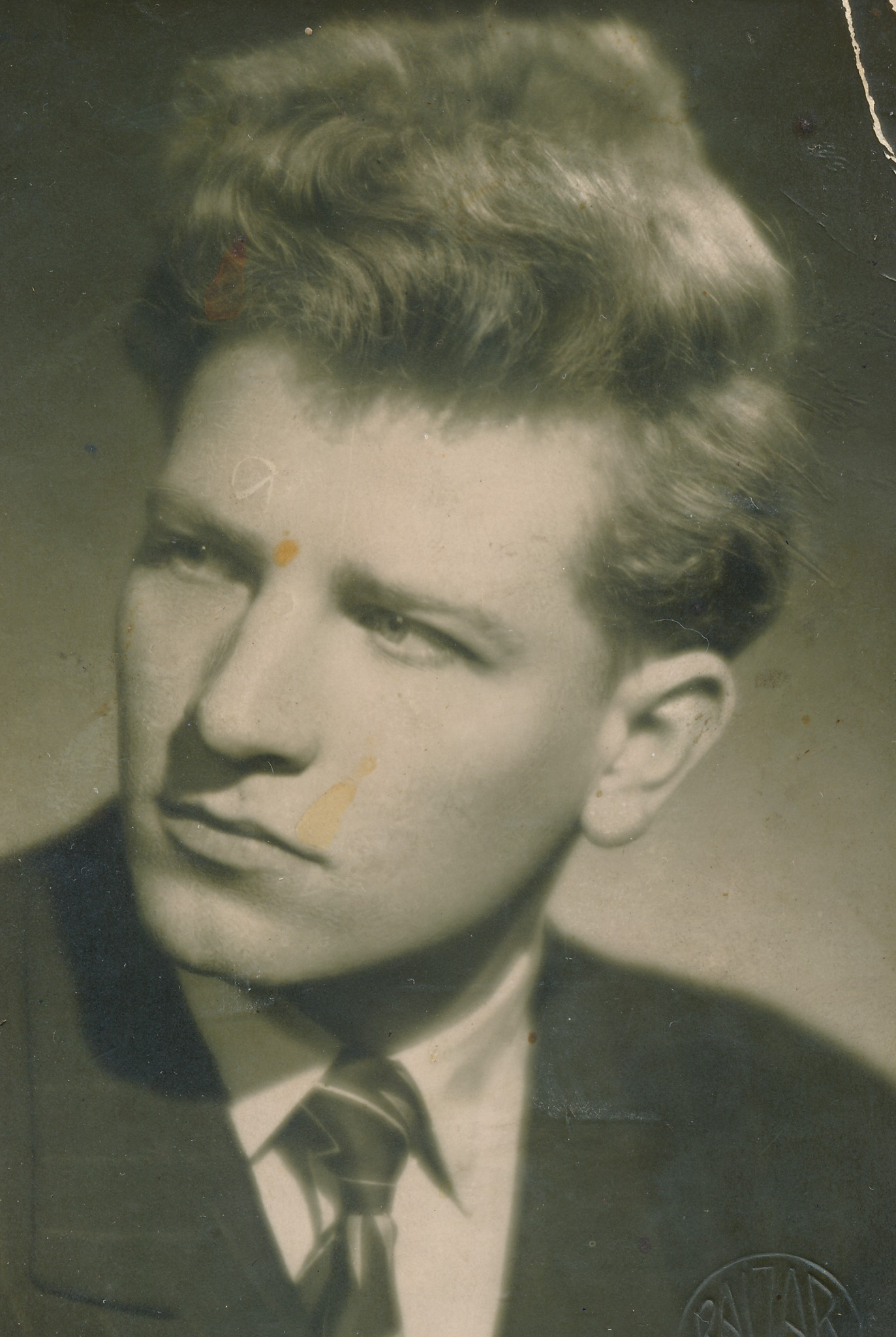
Download image
Zdeněk Cvrk was born on 28 November 1933 in Prague to Růžena and Václav Cvrk. When he was six years old, his father died and he was was experiencing a shortage during the war. On March 25, 1945, he experienced the bombing in Prague’s Vysočany district - from the roof of his house he watched the planes attack the Kbely airport. He lived through the Prague Uprising hidden in the cellar, from where German soldiers pulled out young men to serve as human shields during the retreat. After the war he joined Junák and Sokol and in June 1948 he took part in the XIth All-Sokol Meeting. After finishing primary school he was not allowed to start further studies. In 1958, he married and raised two children with his wife. All his life he worked in the ecological department at the Research Institute of Chemical Equipment in Malešice. Despite insistence, he never joined the Communist Party of Czechoslovakia (KSČ). In 2024 he lived in Prague.
